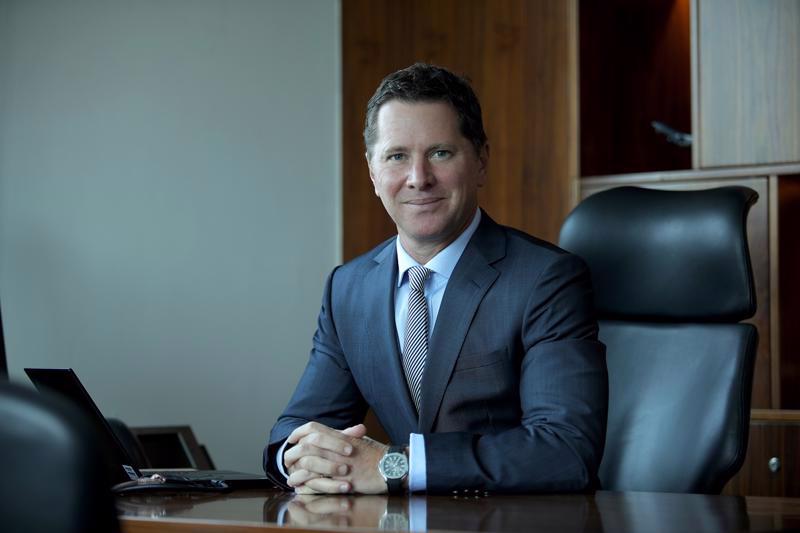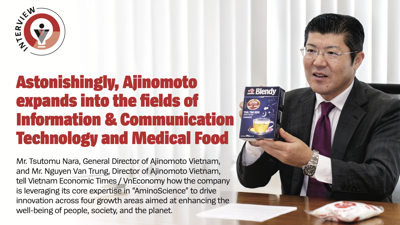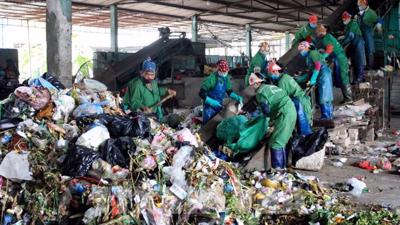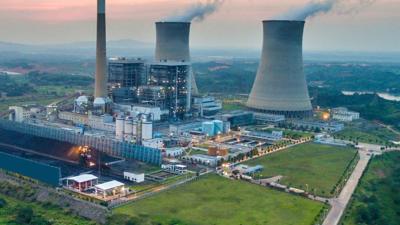HSBC: Six trends to form Vietnam’s future
In order to fully exploit its potential, HSBC believes, Vietnam must stay abreast of ongoing trends around the world.

There are six trends that will shape the future of Vietnam, Mr. Tim Evans, CEO of HSBC Vietnam, has predicted.
Firstly, he spoke of climate change as both an opportunity and a challenge. As a country with a long coastline and as a major rice exporter, it will be severely affected by climate change. The country will have to identify solutions to address this matter, which will be challenging but also present many opportunities.
Mr. Evans also mentioned digitalization as a trend that accelerates the transition to an uninterrupted digital society and stimulates changes in consumer behavior. This will affect several industries and fields, especially remote working, healthcare, education, entertainment, and financial services. In the context of digital transformation, information security and privacy are issues that will need attention. Vietnam must cooperate regionally and globally to have a unified data policy and direction, he recommended.
In the context of Covid-19, Mr. Evans mentioned vaccination equality as a trend that needs attention. Vietnam has done well during the pandemic and become an example for others to follow. It also needs to boost cooperation in matters relating to vaccine development and vaccinations in general.
Although the pandemic is causing disruptions to global supply chains, trade is still the quickest and most direct solution for economic growth. Vietnam has actively promoted trade with its partners. It is a signatory to 15 free trade agreements and has fully reopened its economy. Vietnam will have many advantages due to this, but also needs to continue to work with other Asian countries to facilitate investment flows and maximize trade potential.
Political events will cause disturbances in the future, of which the Russia - Ukraine conflict is one example, Mr. Evans added. In the context of international turmoil, Vietnam’s open attitude and consistent stance on settling international disputes by peaceful means on the basis of international law is a respectable position. However, it is necessary to note that the foundation for the region’s shared prosperity is a spirit of cooperation for mutual success, so no country should isolate itself from international matters.
Lastly, Mr. Evans noted that inequality and inclusive recovery will affect the economy. “Post-Covid-19 sequelae”, which are inequality and increased debts, will affect Vietnam. It needs to quickly recognize and address the significant impact of Covid-19 on poverty and inequality. The urgent issue now is that low-income developing countries need vaccines and support to recover. However, this is also a chance for Vietnam to build community resilience as well as prevent other crises in the future.







![[Interactive]: Economic overview - April 2025](https://media.vneconomy.vn/400x225/images/upload/2025/05/06/5a245778-67b1-4874-a8dc-21f8cfed62a6.png)